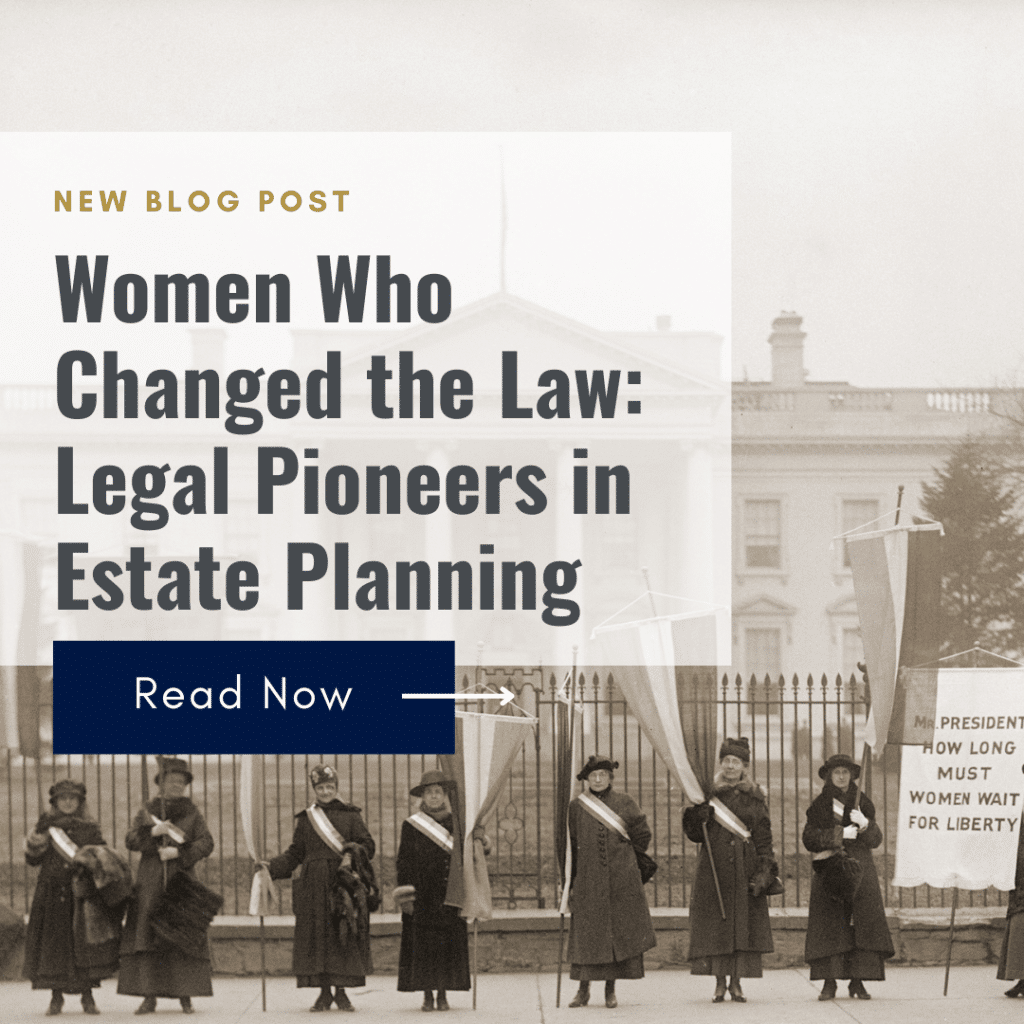For generations, under-served communities have faced systemic challenges that have hindered the ability to build and preserve generational wealth. From discriminatory housing policies to limited access to financial education, these barriers have left many families without the tools needed to secure their legacy. While the obstacles are real, so are the opportunities to overcome them. Estate planning can be a transformative step in creating stability and empowering future generations.
Imagine a neighborhood where families have worked tirelessly to build their lives but remain vulnerable due to the lack of a will or trust. Without clear estate plans, assets like homes or small businesses can become tied up in probate or even lost entirely. In these communities, the cycle of lost wealth is often perpetuated by systemic inequities like predatory lending, wage gaps, and minimal access to affordable legal resources. These factors create a reality where wealth is difficult to build, let alone protect.
One significant barrier in under-served communities is misinformation. Estate planning is often viewed as a tool reserved for the wealthy. Families may not realize that something as simple as naming beneficiaries on a life insurance policy or creating a will can make a monumental difference. Addressing these misconceptions is the first step in breaking the cycle of lost wealth.
The second barrier is access. Historically, systemic racism and economic disparities have placed affordable estate planning services out of reach for many families. Nonprofits, community organizations, and legal clinics have stepped up in recent years to fill this gap by offering free or low-cost services. These resources are vital and can help families begin to protect what they have worked so hard to build.
For families in under-served communities, the solutions often start small but grow in impact. For example, naming guardians for minor children in a will or creating a power of attorney to handle finances in emergencies are manageable steps that can provide peace of mind. Similarly, using tools like living trusts can ensure that assets like homes or savings are protected and transferred without costly legal battles.
The community has an important role to play in breaking down barriers. Local leaders, churches, and organizations can create spaces where families feel comfortable discussing their concerns and learning about estate planning. Workshops on topics like “How to Write a Will” or “The Basics of Trusts” can demystify the process and empower families to take action.
One story that highlights the power of estate planning comes from a small-town family who thought they didn’t have enough to justify creating a will. A legal aid organization helped them draft a basic estate plan, ensuring that their modest home and savings would pass directly to their children. Years later, that simple plan not only kept their assets intact but also gave their children the foundation to pursue higher education and better opportunities.
Systemic barriers may have slowed progress, but they do not have to define the future. By prioritizing estate planning, families in under-served communities can rewrite the narrative, turning hard-earned assets into lasting legacies. The key is starting now—whether through small steps or leveraging community resources—to build a path toward stability and empowerment.
Overcoming these barriers is about more than financial security; it’s about equity, opportunity, and hope. Estate planning is a tool of empowerment that every family, regardless of income or background, deserves access to. Together, we can create a future where generational wealth is not the exception but the norm in every community.






 Address
Address




